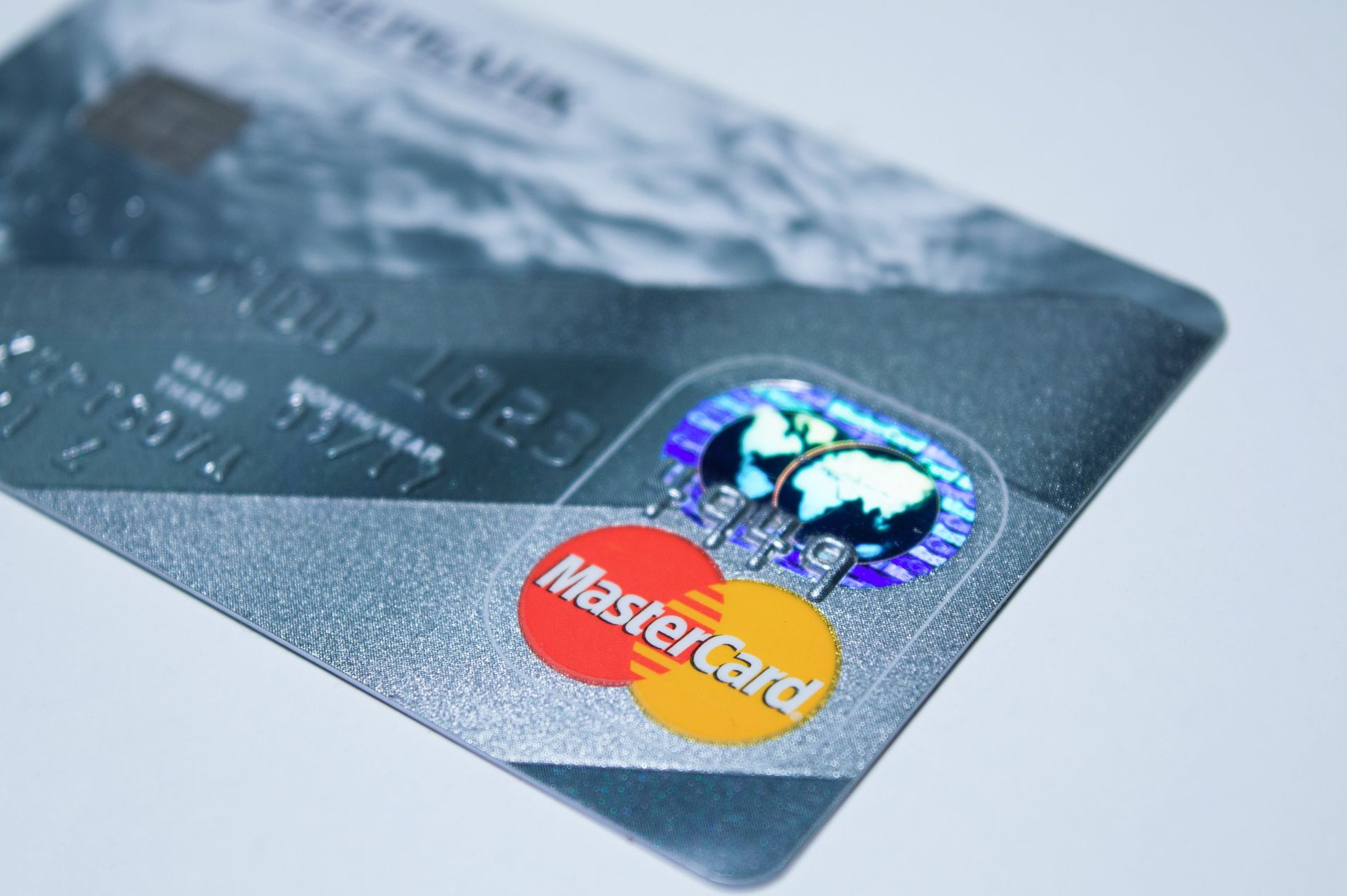When it comes to deciding between super and your home loan there’s a lot to consider.
If you’re paying off your home loan but you also understand the value in building up your super, you may find yourself trying to balance your present needs with those you’ll have in your future.
So how can you straddle the short and long terms and give yourself the best of both worlds?
Is super best…
Depending on your age, it can be best to channel as much money as you can into superannuation. That’s because it’s one of the most tax-effective ways to save—you ultimately end up with more in your hand as less goes to the tax man.
And say you’ll retire in 10 or more years, in super you have the potential to benefit from compound interest and dollar-cost averaging: two of the most powerful ways to build long-term wealth.
When it comes to property, you generally have to use after-tax dollars to repay your home loan. But in super you can deposit pre-tax dollars, often with minimal or no impact on your take-home pay.
By salary sacrificing money into super (although there’s a limit on how much you can deposit each year) less tax is applied to your income so it’s likely you’ll lower your overall tax bill each year as well.
…or property?
Buying a home can be important too. Although research shows it’s becoming less important than it used to be. Because as property prices rise, many people are finding property is becoming less accessible. And this is driving significant change in the Australian way of life.
Where property ownership used to be a given, the recent Household, Income and Labour Dynamics survey projects a significant reduction in home ownership rates with less than 50% of Australians owning their own homes by 2017. i
One of the expected effects of this all-time-low rate of home ownership is a skew towards superannuation for long-term wealth accumulation. And while super is readily accessible as an investment (although you usually have to wait until retirement to access your money) it’s also attractive because it doesn’t present the high entry costs that property comes with.
However, while adding money to super has many advantages, if you are already paying off a home that can be a good thing too—depending on how long you have before retirement, you can end up building enough capital growth to help you in retirement. By putting extra into your home loan, you’ll also pay less in interest charges as the principal amount owed on your home loan decreases.
And, as we generally expect the value of most homes to rise over time, the more you repay, the more equity you may be able to build.
So what’s best for you?
So what if you’ve got some extra cash—how do you prioritise?
There’s no blanket answer to this question. Because depending on your own circumstances, your current super balance, income, needs and goals the way you prioritise will be unique for you.
That’s where financial advice can make a big difference. Come and visit us and we can help make sure you will be comfortable and have everything you need in retirement—and help you into the property market if that turns out to be the best option for you. You may not need to choose one option over the other. You may be able to have the best of both worlds.
© AMP Life Limited.
i The Household, Income and Labour Dynamics in Australia Survey, Selected Findings from Waves 1 to 14, (2016).






